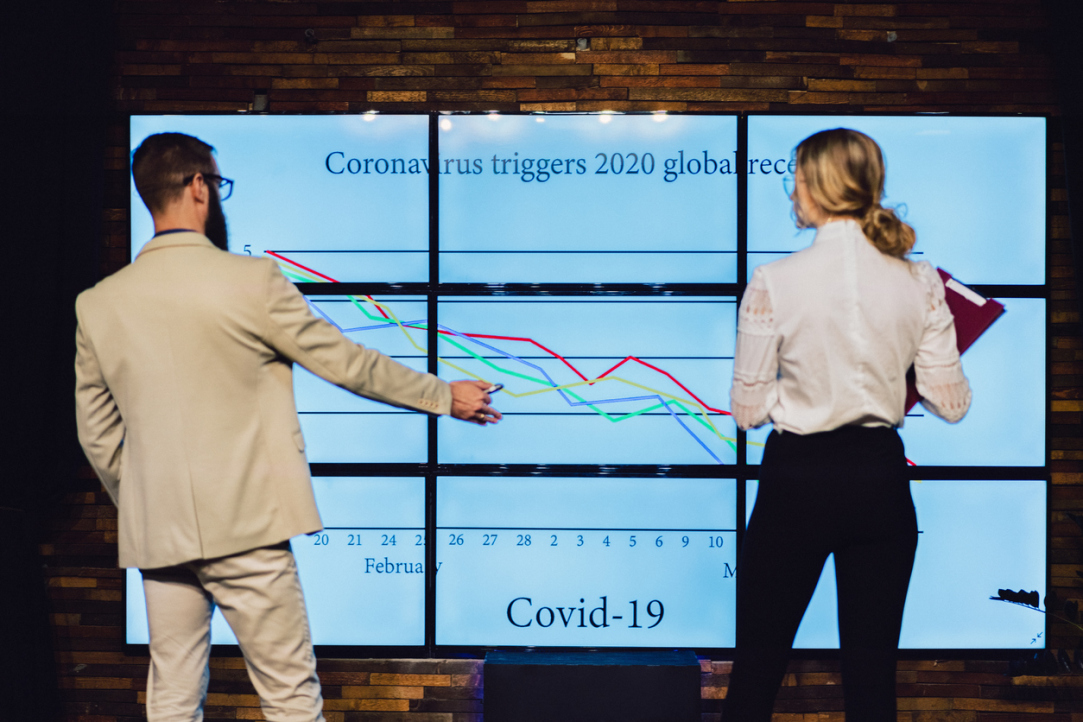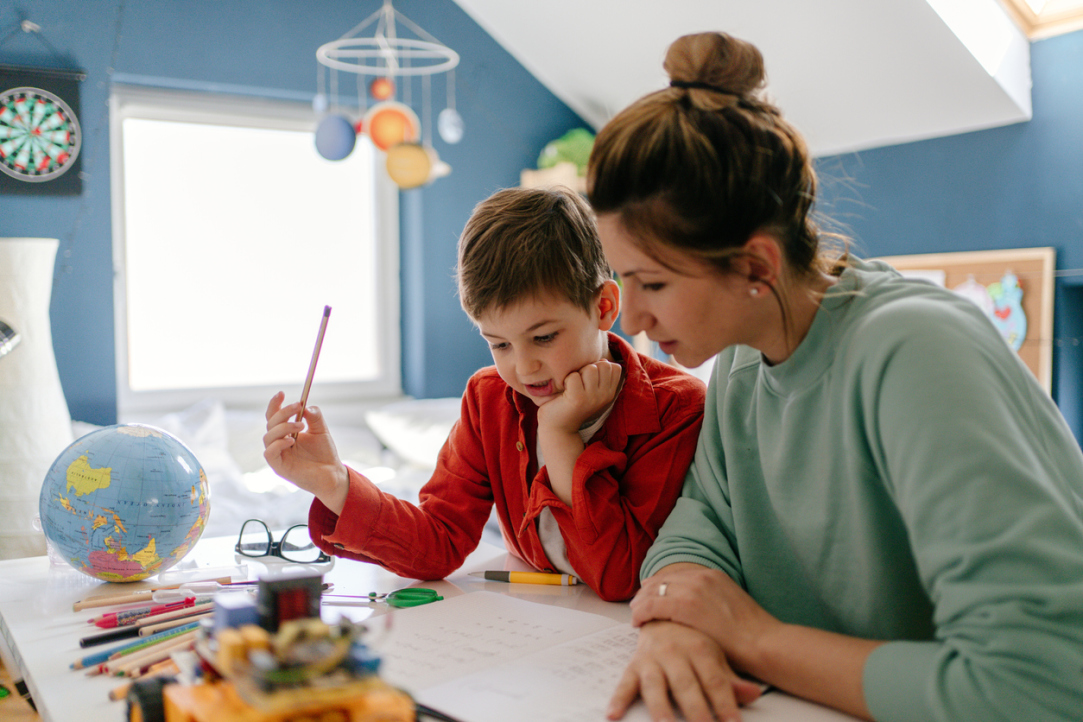
Lost in Recalculation: How to Estimate the Scale of the Soviet Economy and Its Rate of Growth
Researchers trying to compare economic data of the USSR and capitalist countries face questions of the comprehensiveness, accessibility, and reliability of data on Soviet economic production and growth. At an online seminar hosted by the HSE University International Centre for the History and Sociology of World War II and its Consequences, Assistant Professor Ilya Voskoboynikov (Faculty of Economic Sciences, HSE University) presented an overview of available approaches to studying the absolute size of the Soviet economy and its growth rates.

Glued to Their Screens: How Do Contemporary School Students Use Devices?
2020 has definitely become a year of online learning. Children of all ages, as well as many adults, have had to study remotely. This has allowed researchers to look at education accessibility problems from a new perspective and evaluate how the massive transition to online learning aligns with existing norms and attitudes toward limiting screen time. Nadezhda Knyaginina and Evgenii Puchkov, researchers from the Education Law Laboratory at the HSE Institute of Education talked about their lab’s research on this matter.
.jpg)
Survey Shows Russian University Teachers Have Overcome Fears of Digitalization
The majority of Russian university teachers were prepared for the emergency and online teaching during the coronavirus pandemic and lockdown period. However, they consider remote teaching more time-consuming and less convenient than face-to-face instruction. This is evidenced by a recent survey of the HSE Centre for Institutional Research.

Taming the ‘Black Swan’: Who Will Win the Fight Against the CoronaCrisis
Countries with reserve currencies, sufficient fiscal capacity to implement soft fiscal policies, and access to global capital markets have the best chance of recovering from the coronavirus crisis. The rest may need external assistance. These are the conclusions drawn by Alexei Kireyev, leading IMF economist and visiting professor at HSE University’s School of World Economy.

Middle-Class Russians Reduce Spending When It Comes to Themselves but Not Their Children
Middle-class Russians are more likely to reduce spending on the development of their own human capital and prioritize investing in their children instead, particularly when it comes to their children’s education. This is evidenced by a study conducted by the Centre for Studies of Income and Living Standards of HSE University.

How Lockdown Has Changed Life for Russian Women
Researchers Yulia Chilipenok, Olga Gaponova, Nadezhda Gaponova and Lyubov Danilova of HSE – Nizhny Novgorod looked at how the lockdown has impacted Russian women during the COVID-19 pandemic. They studied the following questions: how women divided their time; how they worked from home; how they got on with their partners and children; and how they dropped old habits and started new ones in relation to nutrition, health, beauty, and self-development.

Catastrophe and Opportunity: HSE University Experts Learn the Lessons of Crises of the Last Hundred Years
The idea for the project, which studies the crisis experience, was born at HSE University’s Faculty of World Economy and International Affairs last spring, when it became clear that the pandemic and lockdown had given rise to a new systemic crisis, based on numerous contradictions that have accumulated in the world over the past decades. The results of the scientific Lessons from the Crises of the Past project have been presented to the portal's news service by Igor Makarov, Head of HSE University’s School of World Economy.

This Is Robot Speaking: A Social Scientist’s Perspective on Human-Robot Interaction
Whether we like it or not, talking with a robot on the phone is now part of our everyday lives. What is the right way to respond to a mechanical voice, who should we blame when communication fails, and could AI make an ideal conversationalist? HSE sociologist Alisa Maksimova answers these questions and more, based on findings from her study of interactions between humans and robots presented in the book Adventures in Technology: Barriers to Digitalisation in Russia.

Doctoral Education Discussed in Higher Education and Beyond Journal
The latest issue of Higher Education and Beyond, a quarterly informational journal published by HSE University, looks at how doctoral education has changed over the past few years in different countries, what reforms have been implemented and what effects they have had, what the historical roots of the current state of doctoral education are and how doctoral studies have evolved. The articles cover wide range of doctoral education stakeholders—from those who plan to enter doctoral programs to those who got their degree many years ago

Workaholism Leads to Mental and Physical Health Problems: Work Addiction Risk Depends on Occupation
Workaholism or work addiction risk is a growing public health concern that can lead to many negative mental and physical health outcomes such as depression, anxiety or sleep disorder. Perception of work (job demands and job control) may become a major cause of employees’ work addiction. The international group of researchers including the HSE University scientist explored the link between work addiction risk and health-related outcomes using the framework of Job Demand Control Model. The results were published in the International Journal of Environmental Research and Public Health.

